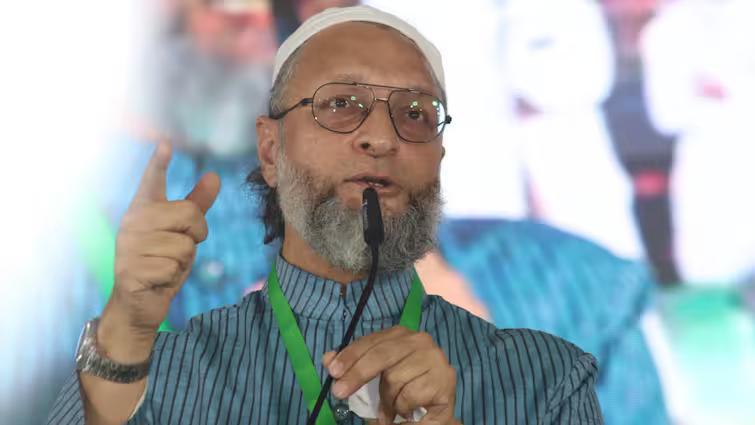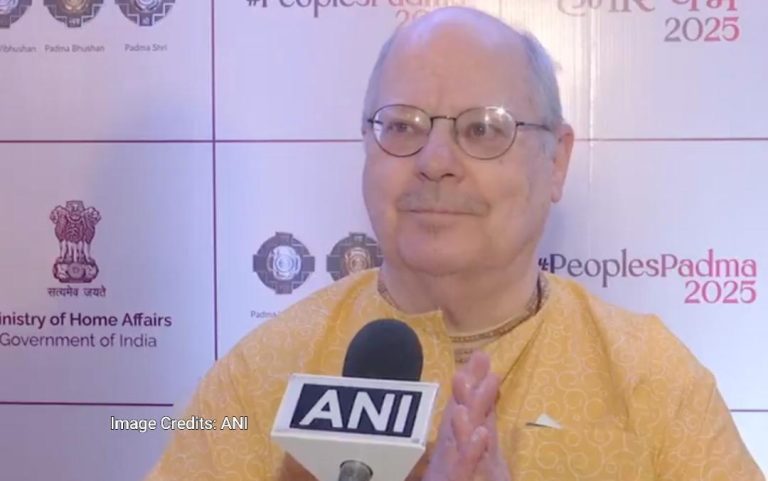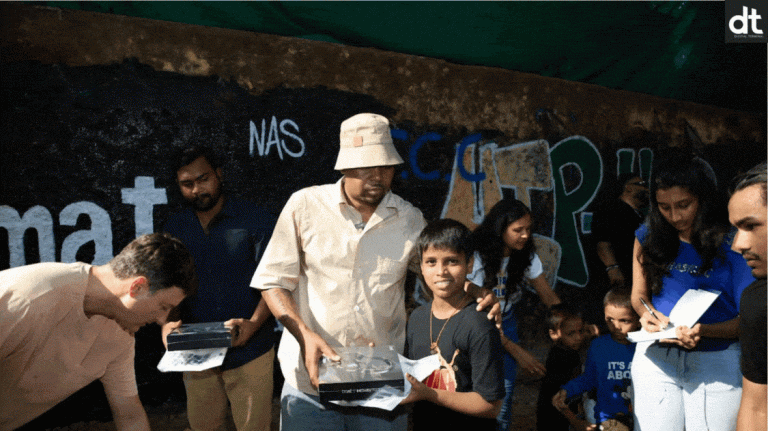
Pak acted like ISIS, India won’t sit quietly: Owaisi on J&K attack
The recent terror attack in Pahalgam, Jammu and Kashmir, that left 26 people dead, has sent shockwaves across the nation. The gruesome incident has once again raised concerns about the security situation in the region and the role of Pakistan in fomenting terrorism. Amidst the outrage and grief, AIMIM chief Asaduddin Owaisi has made some scathing remarks about Pakistan, likening its actions to those of terrorist organization ISIS.
Speaking to media, Owaisi said, “Pakistan acted like ISIS. If they enter a country and kill innocent people, that country will not sit quietly.” His comments come at a time when India is grappling with the aftermath of the Pahalgam attack, which was carried out by terrorists allegedly backed by Pakistan.
The attack, which took place on April 22, was one of the deadliest in recent years in the region. The terrorists, who infiltrated from across the border, targeted a bus carrying Hindu pilgrims to the Amarnath shrine. The brutal killing of innocents has sparked widespread outrage and demands for tougher action against Pakistan-backed terrorism.
Owaisi’s remarks are significant because they reflect a growing sentiment in India that Pakistan’s actions are becoming increasingly brazen and unacceptable. The AIMIM chief’s comments also highlight the stark difference in the financial resources available to India and Pakistan. “Pakistan’s budget is not even equal to India’s military budget,” Owaisi pointed out, emphasizing that India will not take Pakistan’s provocations lying down.
The Pahalgam attack is just the latest in a series of terrorist incidents in Jammu and Kashmir, which have claimed hundreds of lives in recent years. The region has been plagued by insurgency and terrorism for decades, with Pakistan-backed militant groups such as Lashkar-e-Taiba and Jaish-e-Mohammed being responsible for many of the attacks.
India has repeatedly accused Pakistan of sponsoring terrorism in the region, a charge that Pakistan denies. However, the evidence of Pakistan’s involvement in terrorist activities is mounting, and the international community is increasingly recognizing the threat posed by Pakistan-backed terrorism.
The Pahalgam attack has once again brought the focus on the need for robust measures to counter terrorism in the region. The Indian government has announced a slew of measures to enhance security, including the deployment of additional troops and the use of advanced technology to track down terrorists.
The attack has also sparked demands for tougher action against Pakistan, including the imposition of economic sanctions and the use of military force to neutralize terrorist groups. While some have called for a calm and measured response, others have argued that India must take a firm stand against Pakistan’s aggression.
Owaisi’s comments, while provocative, reflect a growing sentiment in India that the country will not tolerate terrorism and will take all necessary measures to protect its citizens. The AIMIM chief’s remarks also highlight the need for Pakistan to take concrete steps to dismantle terrorist organizations and prevent the use of its territory for terrorist activities.
In conclusion, the Pahalgam attack is a stark reminder of the threat posed by terrorism in Jammu and Kashmir and the need for robust measures to counter it. Asaduddin Owaisi’s remarks, while controversial, reflect a growing sentiment in India that the country will not sit quietly in the face of terrorism and will take all necessary measures to protect its citizens.






